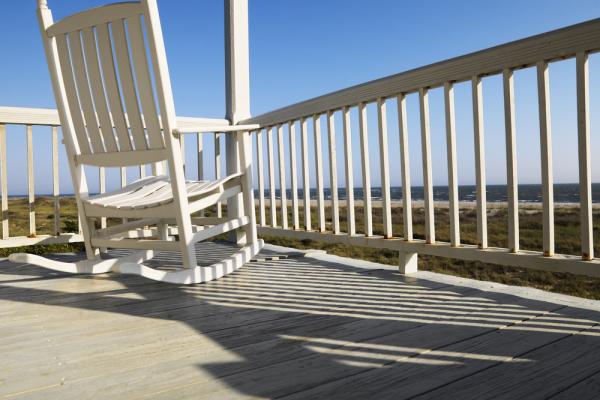Stereotypes of aging fall into four buckets. The first, the persistent image that is considered by many to be the norm, is that aging is something to be reviled and dreaded. At best, growing old is something best done out of sight and mind, ideally in a gated community and ultimately in some kind of institutional setting.
A more palatable position, the second bucket, acknowledges aging as a time of inevitable decline and detachment, but thinks this is not a bad thing. Known as “disengagement” theory by gerontologists, proponents of this bucket think of aging as a problem to be solved in order to keep elders as serene as possible as they transit the wasteland of old age.
The third bucket, activity theory, swings the pendulum to the extreme. As a result, a new generation of elders has been put on the run. To age “successfully,” one must be kept busy pursuing second or third careers, finding renewed purpose, reinventing ourselves, and otherwise proving that one can be productive and engaged to the end. An unfortunate side effect of activity theory is the adulation of youth and the legitimization of denial. Don’t like the idea of aging? Just don’t do it.
But there’s a fourth bucket, the one we have been exploring together since that memorable conversation on the stairwell. That is, aging as a spiritual path. In this vision of aging, growing older takes on added meaning as a life stage with value and purpose of its own. The key is embracing rather than rejecting or denying the shadow side of aging.
Read the Full Article

